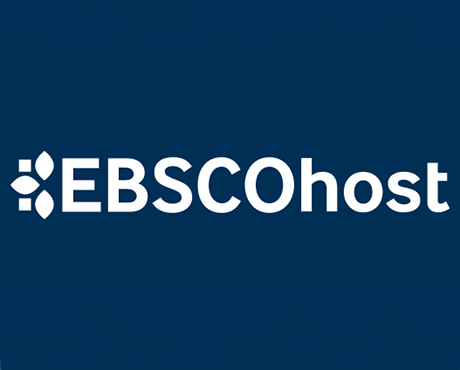
Research partnerships for the common good
News 23 SeptemberA message from Interim Executive Dean, Faculty of Education and Arts, Professor Phil Parker
31 July 2024
Share
As the semester kicks off, the Access and Disability Services team would like to share the Staff Guide to EIP Adjustments, which has been created to support staff who are responsible for implementing reasonable adjustments under a student’s Education Inclusion Plan (EIP).
This guide serves as a quick reference guide to understanding the common reasonable adjustments, and the responsibilities of the staff member and student.
At ACU, we have a dedicated Access and Disability Service for students who have temporary or ongoing health conditions, disabilities, mental health conditions, neurodivergence, or significant carer responsibilities that may affect their studies. These support services are designed to ensure that students with disabilities can participate in education on an equal basis with students without disabilities, in accordance with the Disability Discrimination Act 1992 (DDA) through the Disability Standards for Education (2005).
At the institutional level, this process is facilitated by reasonable adjustments being recommended and implemented through academic adjustments and listed on a student’s EIP.
The EIP maintains academic standards while implementing reasonable adjustments through several key strategies:
These principles collectively ensure that while students receive necessary support, the core academic standards and learning objectives are preserved. Please visit the Staff Access and Disability Service webpage where you can access further resources and information on the support services available to students.

A message from Interim Executive Dean, Faculty of Education and Arts, Professor Phil Parker

The library is supporting the ACU Historical Children’s Book Collections 2025 Fellowship. It is an opportunity to conduct research on our historical collection of children’s books, located at St Patri...

On 24 June ACU will transition to the new EBSCOhost. This will result in a new look and feel across some of our most popular databases. Learn more about the changes and what action may be required of ...

Advance your career in teaching and learning with the Graduate Certificate in Higher Education. Enrol by 22 June to get started in Professional Term 5.

Viva Engage is here. Access it easily via Microsoft Teams.

Include an additional survey item in the Student Evaluation of Learning and Teaching (SELT) survey for units that are offered in ACU Online Term 2 (202536).

A new Adjunct and Honorary Titles Policy and Procedure has been approved and is now in effect at ACU.

Teaching staff are encouraged to check their units have been correctly linked to their names for the Student Evaluation of Learning and Teaching (SELT) surveys in upcoming teaching periods.

ACU has three student modules: the Academic Integrity, Respectful Relationships, and Protecting our Children modules. Semester 1 students must complete their modules by 1 July to access their results ...

Please be aware of the following changes to payroll processing dates.

A message from the Chief Operating Officer Patrick Woods.

As part of Student Administration's commitment to service excellence, AskACU will be running on-campus re-enrolment drop-in sessions in July, while CMAS enhancements will improve information available...

The Student News and Events bulletin is sent to all students, nationally, and includes a broad cross-section of news, announcements, events and stories from across the university. The May edition is o...

Say goodbye to Workplace and hello to Viva Engage. Learn about our new community structure and all-staff community.

An update from the Executive Dean of Law and Business Professor Andrew O'Neil.

A reminder to all academic staff that the mandatory Notice of Intent, for those intending to apply for promotion in the 2025 round, must be submitted by 11.59pm this Friday (30 May).

Expect a few email notifications as we prepare to welcome you to Viva Engage next week.

Include an additional survey item in the Student Evaluation of Learning and Teaching (SELT) survey for units that are offered in Professional Term 4 (202547).

Register for these 15-minute sessions to learn more about the variety of online researcher profile platforms and what is involved in setting up, linking and updating your profile.

Lecturers-in-charge can make a direct determination of Poor Academic Practice (PAP) for students who engage in minor forms of academic misconduct. Learn why they can be valuable to staff and students.
Visit Service Central to access Corporate Services.